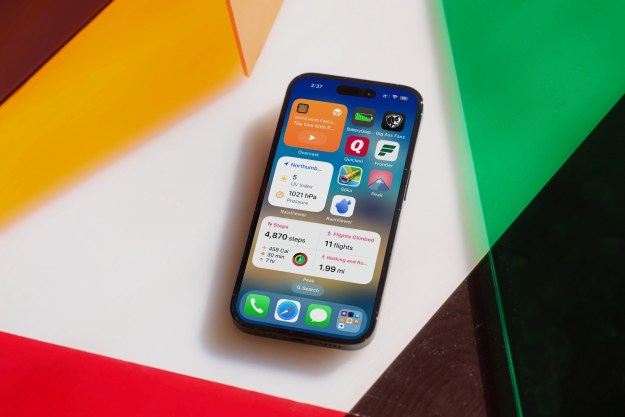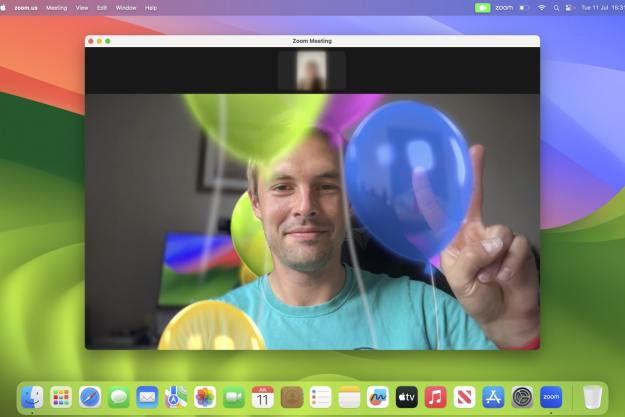An iOS and Android version of Microsoft Defender will be released this year, bringing the antivirus software to mobile devices for the first time.
In an official blog post, it was revealed that Microsoft Defender Advanced Threat Protection has added support for Linux, joining Windows and macOS. Microsoft also said that there are plans to expand the program to iOS and Android, which will further extend the reach of the antivirus software.
Apple and Google have implemented various initiatives to curb the spread of malware on their respective app stores. Microsoft believes it can do more in helping protect iOS and Android device owners from security threats.
“They’re pretty safe, but pretty safe is not the same as safe,” Microsoft executive Rob Lefferts told CNBC in an interview at the company’s headquarters in Redmond, Washington. “Malware does happen on those platforms.”
The mobile versions of Microsoft Defender will likely be very different compared to the app’s desktop versions, according to The Verge, partly because iOS apps are not allowed to scan for malware on iPhones and iPads. The Android version of Microsoft Defender, meanwhile, will help prevent the entrance of malware through apps that are directly loaded into devices, bypassing the Google Play Store.
Lefferts added that mobile device owners are at risk from phishing attacks, through which hackers aim to acquire their targets’ credentials through fake interfaces where victims are tricked into entering their usernames and passwords. It is unclear, however, how Microsoft Defender will prevent phishing attacks from succeeding.
The iOS and Android versions of Microsoft Defender will be part of the company’s enterprise security platform, so it is very likely that the apps will first be available for companies and their employees. In contrast with Microsoft’s Intune software that allows administrators to manage the computers and mobile devices of employees, Microsoft Defender will focus on security, such as by preventing people from accessing websites that are tagged as unsafe, according to Lefferts.
There is no specific timeline for the release of Microsoft Defender’s iOS and Android versions. In addition to support for Linux, Windows, and macOS, the software has been introduced as extensions for Google’s Chrome and Mozilla’s Firefox browsers.
Editors' Recommendations
- An Apple insider just revealed how iOS 18’s AI features will work
- This one thing could make iOS 18 the best iPhone update in years
- The 7 biggest features we expect to see in iOS 18
- iOS 18 could make my iPhone look like Android, and I hate it
- iOS 18 could add a customization feature I’ve waited years for


